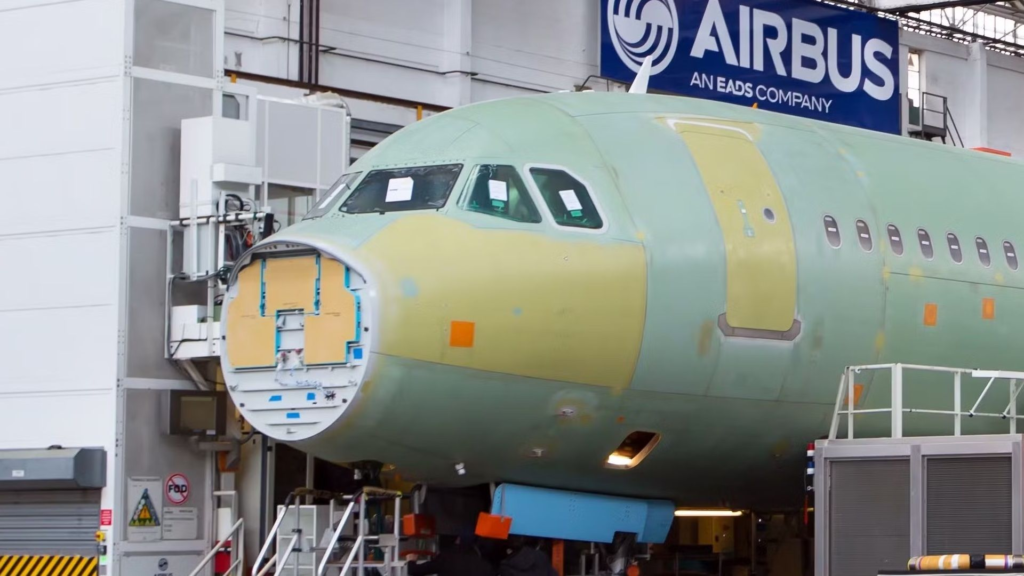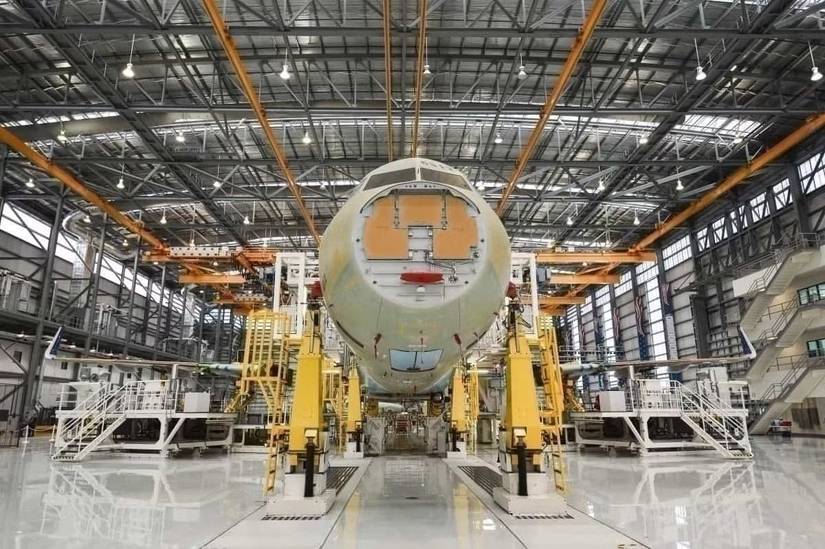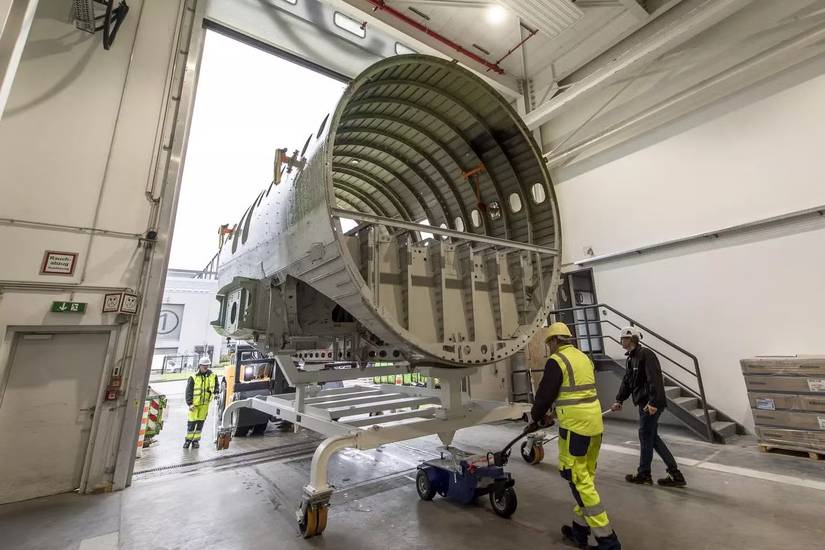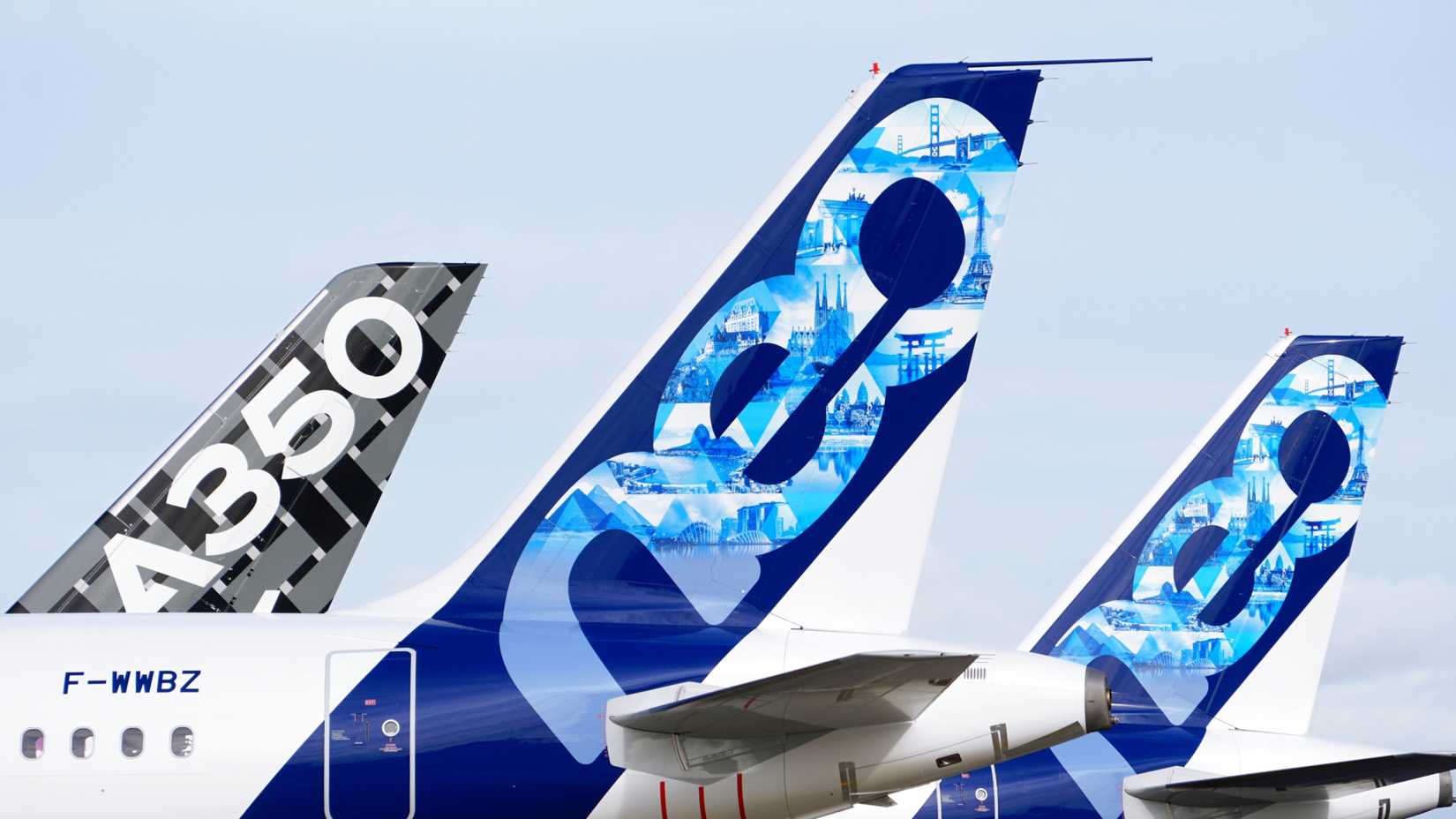European aerospace manufacturer Airbus recently opened its second Airbus A320-family final assembly line in Mobile, Alabama on Monday, October 13. The Airbus North America CEO was quick to share his belief that this new site would, in his eyes, allow US Airbus A320 output to double over time. This new line supports Airbus’ ramp towards operating 75 narrowbody models per month by 2027, and it complements an imminent expansion into Tianjin, China as part of the airline’s efforts towards a US-China balancing act amid geopolitical tension.
The airline’s Mobile campus is also marking 10 years of production, having grown from around a few hundred employees to more than 2,000 and becoming a pillar of Alabama’s aerospace economy and industrial sector. Across the board, this expansion will allos for more US Airbus A320neo capacity, improving supply for North American airlines and adding regional jobs, all while Airbus spreads risk and capacity across the United States and China.
A Deeper Look At The Factory Itself
Airbus’s new site in Mobile, Alabama, now includes a second Airbus A320-family final assembly line (FAL), which turns the campus into a twin-line narrowbody production factory, giving it twice the ability to produce Airbus A320 models. This is co-located alongside Airbus A220 production, and is part of Airbus’s global push to reach 75 Airbus A320 family jets per month by 2027.
Company commentary has been quick to suggest that the airline is lifting its output over time towards roughly double the airline’s prior cadence. The airline’s campus has grown from around 300 workers in 2015 to more than 2,000 employees, anchoring a diverse aerospace sector. Mobile’s expansion is synchronized with a parallel Airbus A320 final assembly line boost in Tianjin, China, giving the manufacturer 10 global narrowbody facilities, supporting a more resilient and diversified supply footprint. In a statement published by Alabama-based news outlet Made In Alabama, the state’s governor, Kay Ivey, had the following words to share:
“Airbus’ success in Mobile is a testament to what can happen when a world-class company teams up with a world-class workforce. Over the past 10 years, Airbus has helped elevate Alabama’s position in the aerospace industry while creating life-changing opportunities for our people.”
What Does This Bring To The Table For Airbus?
This factory expansion brings a few things to the table for Airbus. For starters, it improves the manufacturer’s rate headroom, regional resilience, and credibility within the US market. It is also a practical enabler for the airline’s long-stated ramp towards 75 Airbus A320neo jets per month by 2027, ultimately adding US capacity to backfill supply hiccups and smooth out deliveries to North American customers.
From a strategic perspective, the airline has paired a new US manufacturing line with a Chinese expansion, helping spread out the aircraft manufacturer’s geopolitical risk while keeping lead-times competitive in both markets. From an industry perspective, the airline’s workforce in Mobile, which has grown from around 300 to 2,000 in around a decade, has deepened the Airbus talent pipeline and its access to aftermarket resources, supporting services growth while fleet sizes continue to grow.
From a commercial standpoint, more local output strength ultimately gives US airlines and lessors a reason to pick Airbus jets for their next set of orders, as they can be more confident that they will be built and arrive on time. As a result, the new flight assembly line converts demand into domestic dependable hardware while diversifying Airbus’ political exposure across the board.
What Does This Mean For Airlines?
Airlines are undoubtedly excited by the opening of this new production line. Having more jets produced in the United States lowers the macroeconomic and tariff-related risks that come along with the purchase of foreign-made aircraft.
The bigger picture that comes out of this news is that the aviation industry is only growing and that demand for Airbus A320neo family aircraft has only continued to skyrocket. Boeing, on the other hand, is busy playing catch-up and still trying to certify models.
Airbus is making a bigger and bigger dent into Boeing’s historically strong position in the US domestic market. Key orders could be announced as soon as the first quarter of next year.





